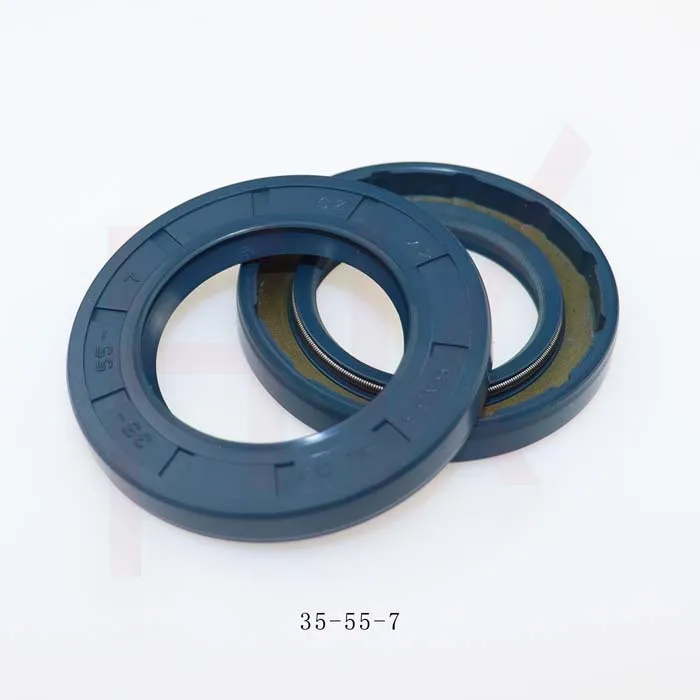Sep . 22, 2024 10:11 Back to list
oil seal for rotating shaft
Understanding Oil Seals for Rotating Shafts
Oil seals, also known as grease seals or shaft seals, play a crucial role in the functionality and longevity of rotating shafts in various machinery and equipment. These seals are designed to retain lubricants while preventing the ingress of contaminants, which can be detrimental to the moving parts of machinery. This article delves into the importance, design, and application of oil seals for rotating shafts.
Importance of Oil Seals
The primary function of an oil seal is to contain the lubricant within a rotating assembly while simultaneously keeping out dirt and moisture. This is particularly essential in various industrial applications, such as automotive, aerospace, and manufacturing sectors, where rotating shafts are prevalent. An effective oil seal contributes to enhanced performance by reducing friction, minimizing wear, and extending the life of components.
Moreover, oil seals help maintain the efficiency of the lubricant used, which is crucial for heat dissipation and proper operation of mechanical systems
. By preventing lubricant leakage, oil seals also reduce maintenance costs and minimize downtime, contributing to overall productivity.Design Features of Oil Seals
Oil seals are commonly made from rubber or elastomeric materials, although some high-performance applications may utilize polyurethane or fluorocarbon compounds. The design of an oil seal typically features a metal casing and a lip that makes contact with the rotating shaft. This lip is engineered to create a slight interference fit against the shaft, allowing it to form a barrier that effectively blocks contaminants and retains lubricants.
oil seal for rotating shaft

Different types of oil seals can be employed based on specific requirements. For instance, depending on the environment and operational conditions, one might choose from single-lip seals, double-lip seals, or even specialized designs with spring-loaded lips to enhance sealing effectiveness. The selection of an appropriate oil seal is crucial to ensure compatibility with the shaft material, operating temperature, and pressure conditions.
Applications of Oil Seals
Oil seals can be found in a wide array of applications. In automotive engineering, they are used in engines, transmissions, and differentials to prevent oil leaks and to keep the components functioning smoothly. In industrial settings, oil seals are essential for pumps, gearboxes, and conveyor systems.
The versatility of oil seals means they are applicable in many other areas as well, such as agricultural machinery, construction equipment, and aerospace technology. Regardless of the application, the fundamental purpose remains the same to uphold the integrity of the lubricant and protect the machinery from external contaminants.
Conclusion
In summary, oil seals are vital components that ensure the efficient operation and longevity of rotating shafts across various industries. By effectively retaining lubricants and keeping contaminants at bay, they play an indispensable role in enhancing performance and reducing maintenance costs. As technology advances and industries evolve, the design and application of oil seals will continue to innovate, further pushing the boundaries of machinery efficiency and reliability. Understanding their significance helps engineers and operators make informed decisions, ultimately leading to improved operational success.
-
TCN Oil Seal Metal Ring Reinforcement for Heavy Machinery
NewsJul.25,2025
-
Rotary Lip Seal Spring-Loaded Design for High-Speed Applications
NewsJul.25,2025
-
Hydraulic Cylinder Seals Polyurethane Material for High-Impact Jobs
NewsJul.25,2025
-
High Pressure Oil Seal Polyurethane Coating Wear Resistance
NewsJul.25,2025
-
Dust Proof Seal Double Lip Design for Construction Equipment
NewsJul.25,2025
-
Hub Seal Polyurethane Wear Resistance in Agricultural Vehicles
NewsJul.25,2025
-
The Trans-formative Journey of Wheel Hub Oil Seals
NewsJun.06,2025
Products categories
















